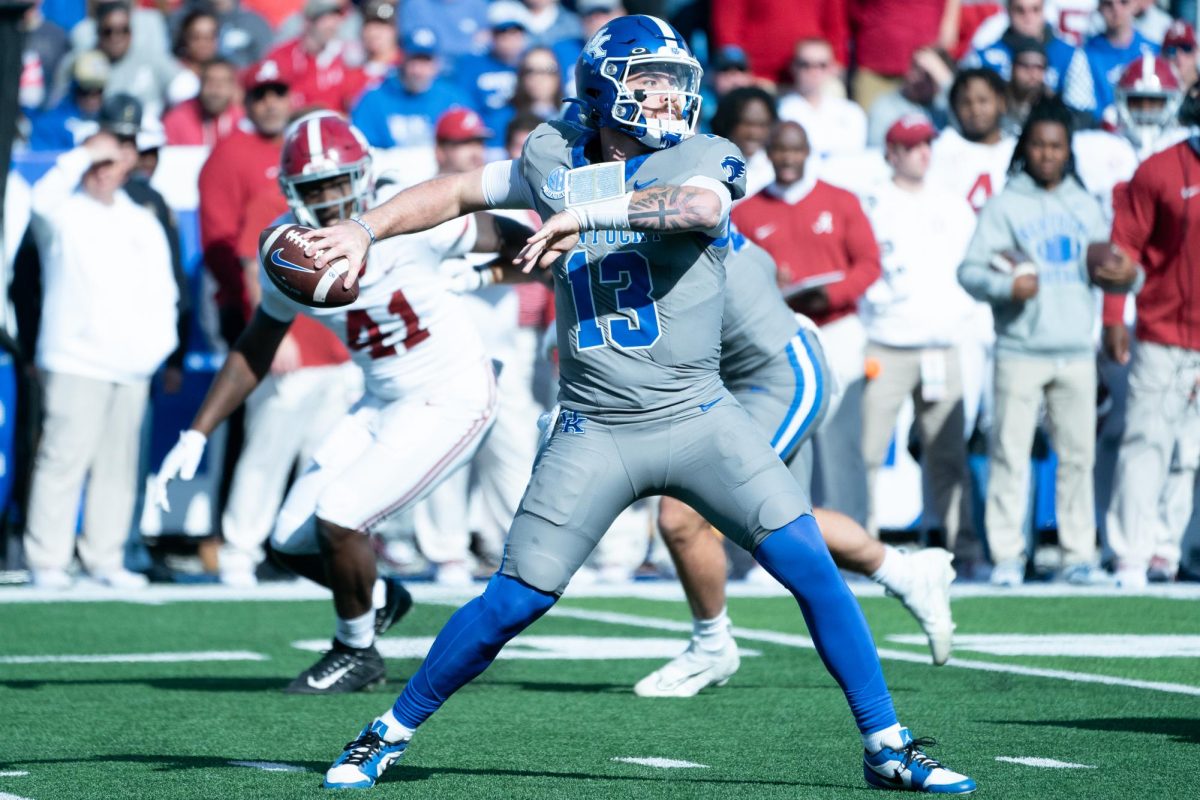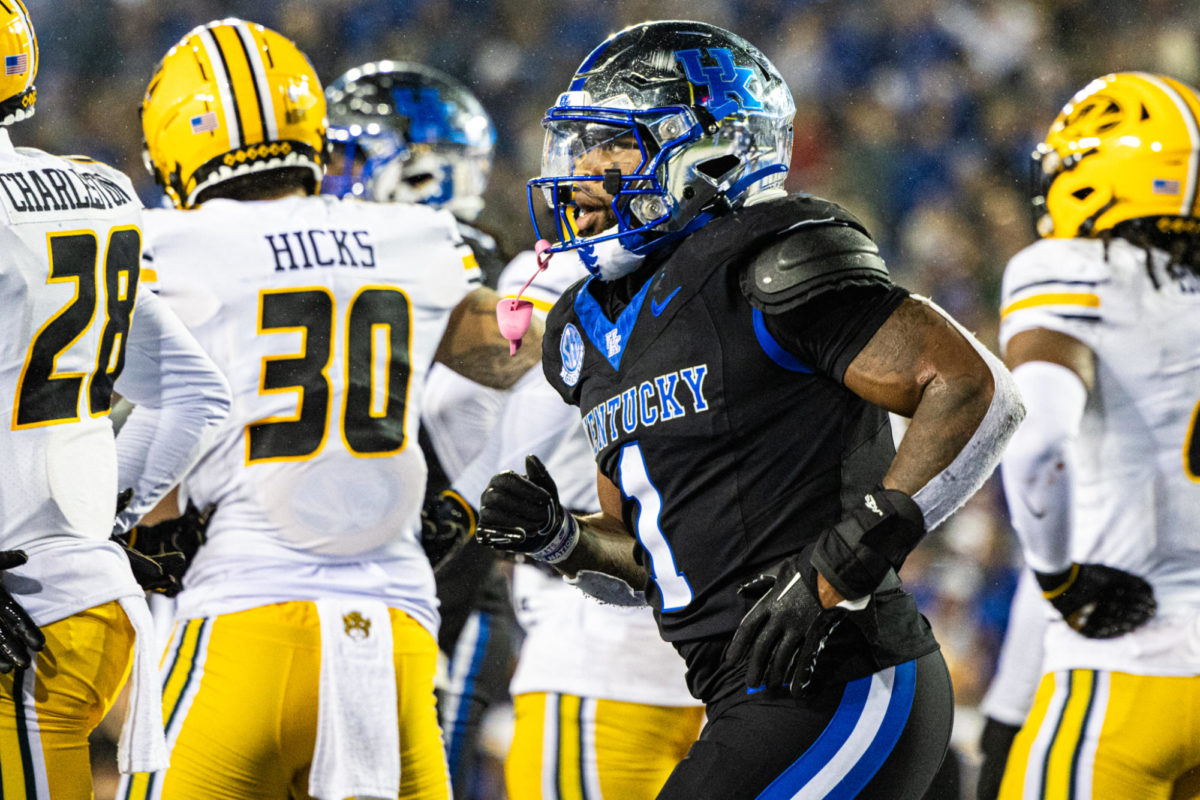UK must be mÂÂore welcoming of diversity
October 22, 2008
Enrollment of African-American students at UK has increased this year by 1 percent. While I can’t deny the increase is a step in the right direction of a more diverse campus, I can’t help but think that the increase is just pacifying the problem and not truly bringing a solution.
An increase of 1 percent of anything can go virtually unnoticed and would hardly be considered an improvement. So why does UK see this as a success?
The first week of my freshman year was very welcoming. The new student programs did a great job of making me feel at home and, not to mention, I was given enough UK T-shirts to wear a different one every day for a month. But by week three, all the pleasantries were out the door and I was left to face reality.
It’s hard to feel at home and comfortable when your reflection isn’t projected on campus. I am easily the only African-American in most of my classes and, after so long, you begin to feel isolated and insecure.
The color of my skin gave me the requirement needed to get a scholarship, and the financial assistance will forever be considered a blessing. But the color of my skin also makes me feel like a statistic— merely a number in helping UK hit its minority quota.
I’ve found myself on several occasions questioning why I’m still here. Then, I remind myself that I’m here because I have the right to be. I have the right to attend this college and further my education. But it would help if I felt like I belonged somewhere in the process.
Diversity isn’t a word that we should fear, but embrace. The old saying “diversity is the spice of life†should ring true on this campus. Seeing all different ethnicities coming together in an effort to raise tolerance and awareness outside of our own culture is something I would like to see happen at UK.
I have taken on the challenge of learning and growing in an environment that doesn’t always feel so welcoming. I would like to see UK take on the challenge of making more of an effort in making everyone feel like they belong. And it starts with more than 1 percent.
Sharnya Duncan
Journalism sophomore






















































































































































